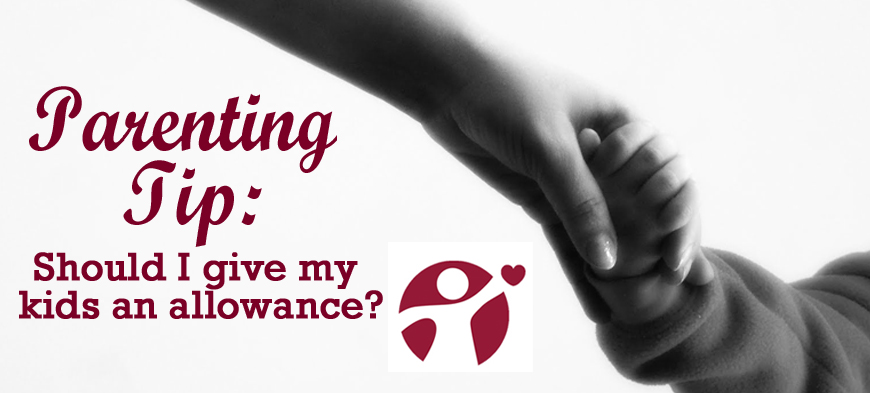Have you entered into the great debate with other parents about whether or not you should give your children an allowance?
According to Beverly Anderson, executive director for Ebenezer Child Care Centers with locations in downtown Milwaukee, Oak Creek, and on the West Allis/Wauwatosa border, “As with everything, there are pros and cons as to whether or not you should give your children an allowance.”
“The key is to decide what you want your children to learn from receiving an allowance. Is it to teach them about budgeting and financial responsibility? How to save? The value of working hard? Or, something else? From there, you can make a decision as to whether or not it makes sense to provide them with an allowance. There is actually a great deal of research out there that says giving children an allowance is a great way to teach them about spending money wisely.”
Anderson says some things you will need to determine include:
Is it appropriate for the children’s age?
According to Anderson, whenever children start wanting things, you can begin providing them with an allowance, so they can be taught about the difference between a want and a need. She says this can occur already at three or four years of age, and that having children save their allowance for what they really want teaches them the value of a dollar as well as patience.
How much should children receive?
“Many families base their children’s allowance on their age, providing them with a dollar per year up to $10,” says Anderson.
For younger children, she says it is a good idea to provide them with cash, so they can count it and divide it into different saving categories. For older children, she says you might want to consider using websites and apps such as www.famzoo.com to teach your children how to manage their money.
For children in high school, Anderson says you should set up a checking account along with a debit card to get them prepared for budgeting when they are out on their own.
It is also important that you encourage your children to save a portion of what they earn to instill good saving habits. Many parents have their children save 10 percent of what they earn as an allowance. Others also have their children put some of what they earn aside for charity.
“It’s up to you as a parent how you want to have your children save or spend their allowance,” says Anderson. “The key is that you think this through in advance.”
Should children automatically get an allowance, or should do they have to work for it?
According to Anderson, there are two views out there when it comes to this question. There are those parents who believe that children should be expected to help with chores, because they are part of a family. And, there is also the view that you should reward your children for the work they do.
“The problem with the idea of tying an allowance to doing chores, is that if children decide they have enough money, they might think ‘I don’t have to work,’” comments Anderson.
Another idea is pay your children a regular weekly allowance but tell them, if they want to earn more money, they should identify additional things that need to be done and negotiate the value of doing these projects with you. This option combines both concepts and also teaches children the important skill of negotiating.
Ebenezer Child Care Centers is a not-for-profit, locally based agency committed to providing early childhood programs from the heart. The agency prides itself on being different from other child care providers in that it offers a home-like atmosphere; individualized, nurturing care; and a structured curriculum that is virtues-based for every child’s developmental stage.
Every Ebenezer Child Care Center focuses on all aspects of a child’s development: cognitive, physical, emotional, and social. In addition to providing quality care, the agency also offers free Parenting Talks and other educational programming all aimed at helping parents.
The agency has locations in downtown Milwaukee, Oak Creek, and on the West Allis/Wauwatosa border. The agency’s main office is located at 1138 S. 108th Street, West Allis, WI 53214. For more information, please call 414-643-5070.

